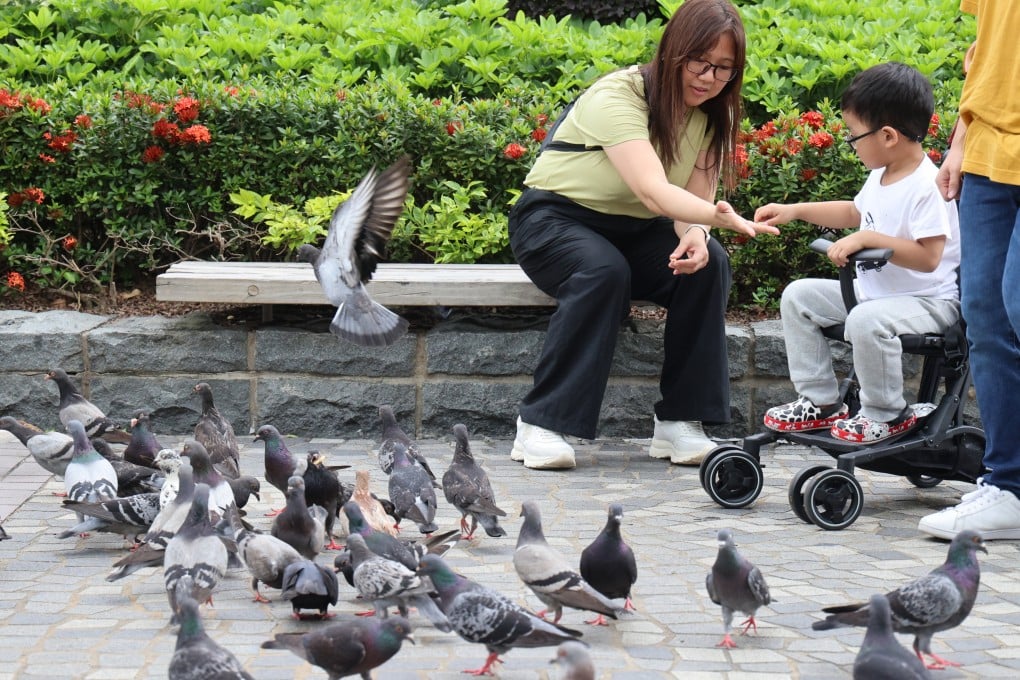Hongkongers should avoid touching wild birds amid possible mutation in deadly H5 avian flu virus, expert says
- Ivan Hung of University of Hong Kong says signs of mutation in H5N1 bird flu virus could make mammals more likely to be infected than before
- Warning over touching wild birds follows US outbreak, with two people becoming possible first reported cases of humans catching the virus from cows

Ivan Hung Fan-ngai, chair professor in infectious diseases at the University of Hong Kong, warned residents on Saturday after recent outbreaks of H5N1 avian flu virus were reported among US dairy cows, which did not have past records of infection.
“We saw that H5N1 is showing signs of genetic mutation that could allow it to infect mammals more easily,” Hung said in a seminar organised by the Hong Kong News-Expo.
“We don’t rule out that the mutation could lead to an effective human-to-human transmission.”
He warned its virulence and transmissibility could be more serious than Covid-19 if such mutation occurred.
US authorities had identified infected cows in 52 dairy cattle herds across nine states in the recent outbreaks as of Wednesday, according to the country’s Centres for Disease Control and Prevention.